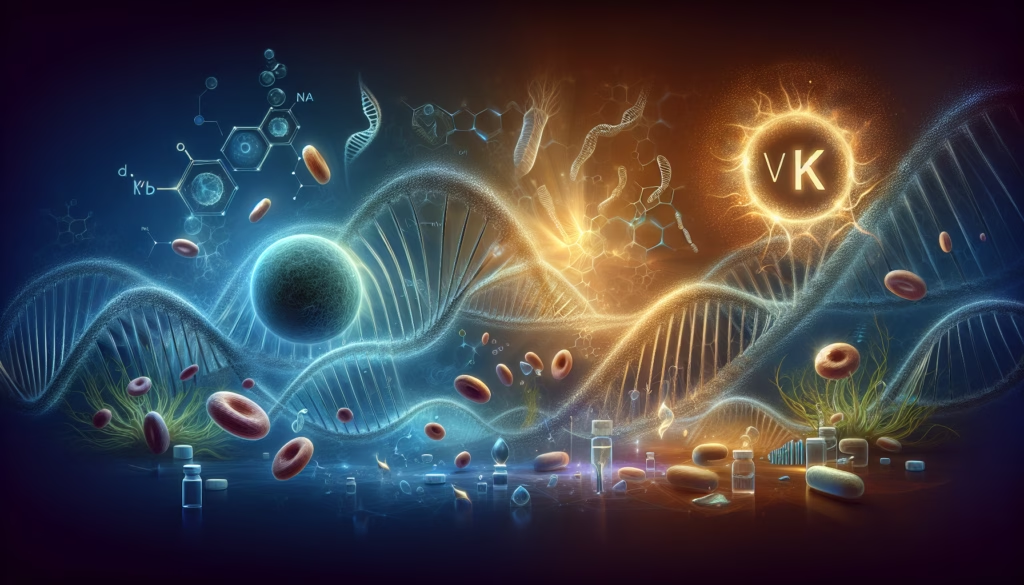
Beta Glucan
Discover the science-backed potential of beta glucan as an adjunct in cancer therapy. This post delves into the latest research
Click 
Alpha-lipoic acid (ALA) is a versatile antioxidant that exists in two forms: its natural state and its reduced form, dihydrolipoic acid (DHLA). Both forms exhibit potent antioxidant properties within cells. ALA serves as a crucial cofactor for several enzyme complexes involved in mitochondrial energy metabolism, particularly in glucose utilisation pathways.
This involvement in energy production is significant in the context of the metabolic theory of cancer. This theory proposes that cancer cells predominantly rely on glucose fermentation for energy production, even in oxygen-rich environments – a phenomenon known as the Warburg effect.
Preclinical studies have revealed potential anti-cancer properties of ALA, including its ability to inhibit cell proliferation and induce apoptosis in various cancer cell lines. However, clinical evidence supporting these effects in humans remains limited. Some studies suggest ALA may enhance the efficacy of conventional cancer therapies and potentially mitigate their side effects, warranting further comprehensive clinical evaluations to confirm these preliminary findings and establish ALA’s role in oncologic treatment.
Currently, doses of ALA in cancer treatment range from 300 mg to 1800 mg per day, based on ongoing clinical trials. The optimal dosing strategy for cancer-related applications requires further investigation through rigorous clinical studies.
Breast Cancer, Lung Cancer
Alpha-lipoic acid is generally well-tolerated when taken at recommended doses.
However, some individuals may experience mild side effects, including:
Research on ALA in combination with conventional cancer therapies is still in its early stages. While some studies suggest potential synergistic effects when used alongside standard treatments, the evidence is not yet conclusive. Further clinical investigations are needed to:
1. Determine optimal combination strategies
2. Assess potential interactions with specific cancer drugs
3. Evaluate long-term safety and efficacy of combined approaches
Limited data is available on the specific impact of ALA on quality of life in cancer warriors. Future clinical trials should incorporate quality of life assessments to better understand potential benefits in areas such as:
– Fatigue reduction
– Neuropathy management
– Overall well-being and functional status
We’ve done our best to include as much information as possible for this supplement.
If you have any other questions, please send us a message or join our Skool Group and ask our knowledgeable and friendly community.
Alpha-lipoic acid is widely available as a dietary supplement in most countries, accessible over-the-counter in pharmacies, health food stores, and online retailers. The regulatory status may vary; in some regions, ALA might be classified as a prescription medication for specific medical conditions.
No specific patient response rates available in peer-reviewed literature for this query.
The mechanisms of potential resistance to ALA’s effects in cancer cells are not fully understood. Future research should focus on:
1. Identifying molecular pathways that may confer resistance
2. Studying potential adaptations in cancer cells exposed to long-term ALA treatment
3. Exploring combination strategies to overcome resistance mechanisms
Numerous preclinical studies have investigated the potential anti-cancer effects of ALA in vitro and in vivo. These studies have explored various mechanisms, including:
1. Antioxidant properties and reduction of oxidative stress
2. Effects on cell signaling pathways (e.g., NF-κB, PI3K/Akt)
3. Influence on energy metabolism and mitochondrial function
4. Modulation of apoptosis and cell cycle regulation
5. Impact on cancer cell migration and invasion
Information on active clinical trials involving ALA and cancer can be accessed through: Clinical Trial Phases for Alpha-Lipoic Acid.
Research into the influence of genetic markers on ALA’s effects in cancer is limited. Further studies are needed to identify specific genetic factors that may impact ALA’s efficacy or metabolism in the context of cancer treatment.

Discover the science-backed potential of beta glucan as an adjunct in cancer therapy. This post delves into the latest research

Explore the emerging world of hydrogen gas (H₂), also known as Brown Gas, and its remarkable potential as an adjunct

Explore the latest scientific insights into vitamin K2 and its promising role in cancer therapy. In this comprehensive blog post,
Apoptosis, or programmed cell death, is a natural process where cells self-destruct when they are damaged or no longer needed. This is crucial for maintaining healthy tissues and preventing diseases like cancer.
Drugs and supplements that induce apoptosis help eliminate cancerous cells by triggering this self-destruct mechanism, ensuring that harmful cells are removed without damaging surrounding healthy tissue.
Understanding and harnessing apoptosis is vital in the fight against cancer, as it targets the root cause of the disease at the cellular level.
Cell proliferation is the process by which cells grow and divide to produce more cells. While this is essential for growth and healing, uncontrolled cell proliferation can lead to cancer.
Drugs and supplements that inhibit cell proliferation help prevent the rapid multiplication of cancerous cells, slowing down or stopping the progression of the disease.
By targeting the mechanisms that drive cell division, these treatments play a vital role in controlling and potentially eradicating cancer.
Cancer cells often hijack specific biological pathways to grow and spread. Drugs and supplements that target these pathways can disrupt the cancer cell’s ability to survive and multiply.
By focusing on the unique mechanisms that cancer cells use, these treatments can be more effective and cause fewer side effects compared to traditional therapies.
Targeting specific pathways is a key strategy in precision medicine, offering a tailored approach to combat cancer at its core.
Angiogenesis is the process by which new blood vessels form, supplying nutrients and oxygen to tissues. Cancer cells exploit this process to fuel their growth and spread.
Drugs and supplements that inhibit angiogenesis can effectively starve cancer cells by blocking the formation of these new blood vessels.
By cutting off the supply lines that tumors rely on, angiogenesis inhibitors play a crucial role in controlling and potentially shrinking cancerous growths.
Immunotherapy harnesses the power of the body’s immune system to combat cancer. By boosting or restoring the immune system’s natural ability to detect and destroy cancer cells, immunotherapy offers a targeted and effective approach to treatment.
Drugs and supplements that support immunotherapy can enhance the immune response, making it more efficient at identifying and attacking cancer cells.
This innovative approach not only helps in treating cancer but also reduces the risk of recurrence, providing a powerful tool in the fight against this disease.
Inflammation is the body’s natural response to injury or infection, but chronic inflammation can contribute to the development and progression of cancer.
Drugs and supplements with anti-inflammatory properties help reduce inflammation, thereby lowering the risk of cancer and other chronic diseases.
By targeting the inflammatory processes, these treatments can help maintain a healthier cellular environment and prevent the conditions that allow cancer to thrive.